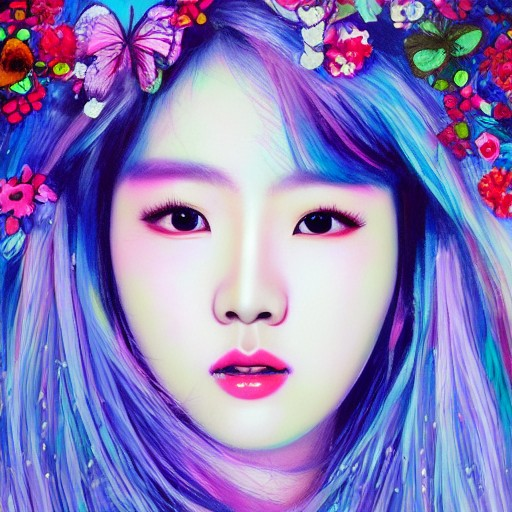Korean pop has been a vital engine to the peninsula's soft power projection. The concept of creating an idol, rather than just marketing them, has been well formulated and is now ready to reach the world. In fact, of late, k-pop has been inducting foreigners into the groups to capture emerging markets in Japan, China and other Asian states. One of the few groups which boast today of an enormous global influence is BTS, a boy band from Bangtan, which calls its fans ( Stan's, to be specific ) an army.
One of the raging controversies has been over the autonomy the idols have in their lives. Recently JYP were under fire for overworking their bands, and many have pointed out racist behaviour at SM. Since idols tend to become a national image, their actions are often subjected to massive public scrutiny. Anything from a dating rumour to an advertisement could become a national issue. In fact, many laws in South Korea have had a name from the k-pop idol who was involved in them.
There is perhaps no denying how big the k-pop industry is and its massive impact on the entertainment industry. However, it seems distant from a cultural point of view. Since k-pop groups dominate the scene, only a few, like IU, could make it as a soloist (a common feature in the west). Further, the age of the artists is quite a concern, given the average lifetime of a band. Training late teenagers who wear out by the end of their contracts might develop into serious trouble. One which was already seen in the cases of Sulli and Goo Hara.
I would end this critique on a positive note. This phenomenon of k-pop idols has only reached its third generation, and we, as fans (and Stan's), have a moral responsibility to make it a sustainable culture for the artists. That calls for us to consciously understand the idols rather than be only an audience.
